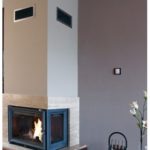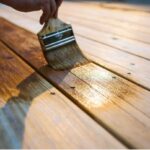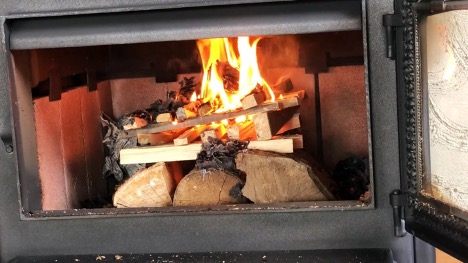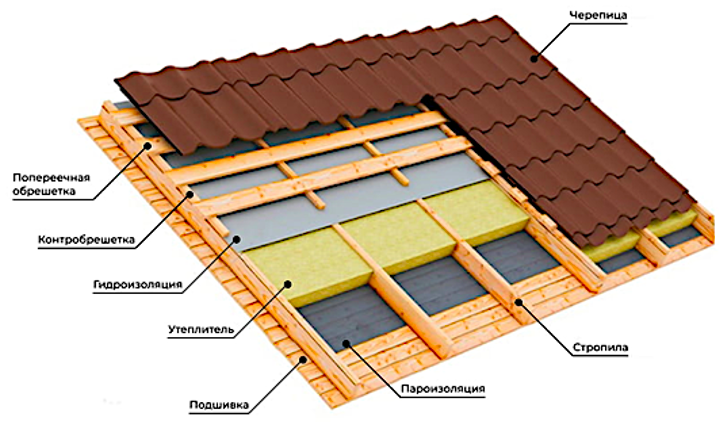Types, weight and other characteristics of propylene pipes
Polypropylene pipes are a common type of product that is used in a wide variety of systems from water irrigation and heated floors to the supply of hot coolant, including heating. They are durable, lightweight and affordable, but they are not without their drawbacks. The main types of propylene pipes, as well as their properties, are described in detail in the presented material.
The content of the article
Description and types of polypropylene pipes
When studying the characteristics of polypropylene pipes, it is necessary to become familiar with the main types of these products. They are made from the same organic polymer. Such products are resistant to corrosion and internal deposits, since the material does not contain metal or alloys that would come into direct contact with water.
We can say that polypropylene pipes are products made from artificial material, characterized by durability and ease of installation. On the other hand, organics are not so resistant to high temperatures. And to eliminate this drawback, manufacturers often reinforce products, that is, they form a middle layer in the thickness of the material.
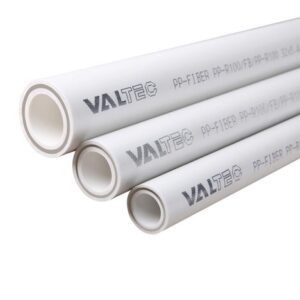
Depending on this, there are 2 types of polypropylene pipes for heating, the technical characteristics of which differ significantly from each other:
- unreinforced – made purely of propylene, homogeneous throughout the entire volume, without intermediate layers.They are cheaper, but have limited use, since they can withstand temperatures up to 50-60 degrees Celsius.
- Reinforced – have an insert in the middle, which significantly improves resistance to temperature, pressure and increases service life.
If we consider the characteristics and properties of polypropylene pipes, we should also take into account the classification of reinforced products into 2 types:
- With aluminum insert they have better resistance to high temperature and pressure. Therefore, they are often used in central heating systems and hot water supply. The weight of the polypropylene pipe is small (about 130-260 g per 1 m), so installation is quite simple.
- With fiberglass insert. Such pipes have the lowest coefficient of longitudinal expansion. Fiberglass fiber is the middle layer that is sewn between polypropylene. It reduces deformation due to temperature, neutralizes the effects of pressure, but does not prevent the harmful effects of oxygen diffusion. Therefore, it is aluminum polypropylene pipes for water supply, the technical characteristics of which are described below, that are most widely used.
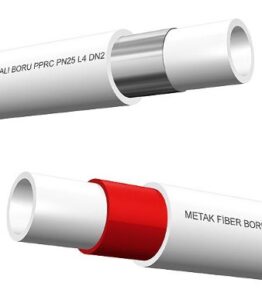
Pros and cons of polypropylene pipes
Considering the technical characteristics of polypropylene pipes, we can highlight quite a few advantages of these products:
- affordable price;
- excellent thermal insulation;
- absolute resistance to corrosion;
- absence of internal contamination due to the smooth surface;
- durability (if conditions are met, they last 40-50 years or more);
- light weight, easy transportation;
- Easy to install - can be bent in any direction.
But there are also disadvantages;
- the characteristics of the PP pipe, which does not contain a reinforced insert, do not allow it to withstand temperatures above +60°C;
- the need to use a welding machine for installation;
- when struck by a sharp object, the integrity is irreversibly destroyed;
- Repair and maintenance are more difficult to carry out than in the case of metal products.
Main technical characteristics and classification
You need to understand that the types of polypropylene pipes can differ greatly from each other. Some are only suitable for underfloor heating, others can be used in a hot water system. It is impossible to present general technical characteristics, but there are average indicators, the range of which most products fall into:
- density 0.90-0.93 g/cm3;
- melting point +160°C… +170°C;
- maximum negative operating temperature -20°C;
- thermal conductivity 0.20-0.25 W/(m*K);
- tensile strength 2-8 times;
- tensile strength 250-400 kg/cm2;
- diameter 16-110 mm;
- wall thickness 1.9-18.4 mm.
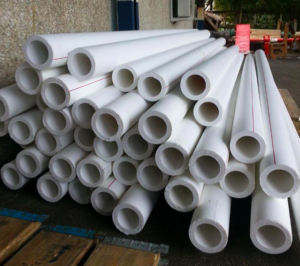
If we talk about what polypropylene pipes are in a purely practical sense, then the most important are the operating temperature range (including the maximum temperature) in °C and the operating pressure in MPa. It is by these indicators that one can understand in which systems specific products can be used. Depending on them, there are 4 classes:
- PN10 – they are designed for a minimum pressure of only 1 MPa. Can withstand temperatures no more than +45°C. These are classic products made of pure polypropylene without inserts. They are used, for example, for watering, in irrigation systems.
- PN16 – such products can withstand slightly higher pressure, amounting to 1.6 MPa. In this case, the maximum temperature rises to +60°C. They can be used for the same purposes, as well as when installing heated floors.Moreover, these can be both reinforced and non-reinforced products.
- Polypropylene pipe PN20 – its technical characteristics correspond to a working pressure of 2.0 MPa and a maximum temperature of +80°C. Presented in reinforced and non-reinforced products. This is a universal option that can be used in a heating system with appropriate temperature limitation.
- There are also polypropylene pipe PN25 with technical characteristics that allow it to be used in any system, including heating and hot water supply. Such products can withstand 2.5 MPa, and the maximum operating temperature is +95°C. These are exclusively reinforced pipes that can withstand the maximum possible loads.
The characteristics of polypropylene pipes ensure a long service life, but only if selected correctly. It is extremely important to pay attention to the maximum operating temperature and the presence of a reinforced insert. It’s better not to take risks and purchase products “with a reserve” in case of pressure drops or increased heating.


